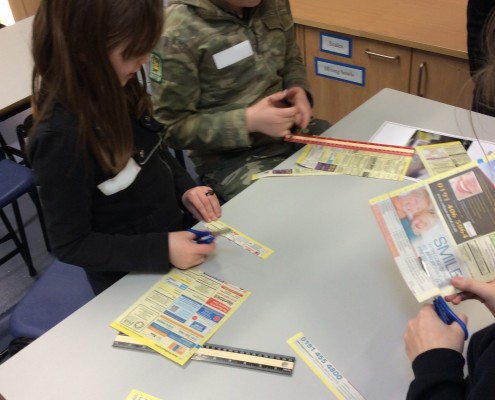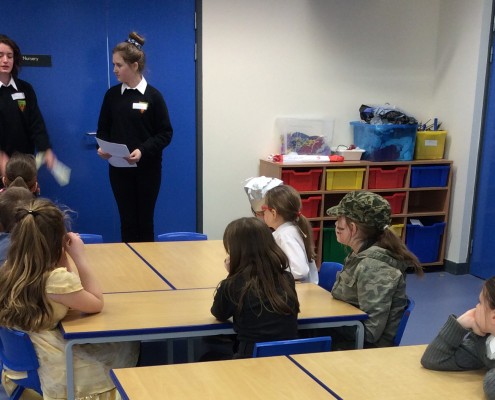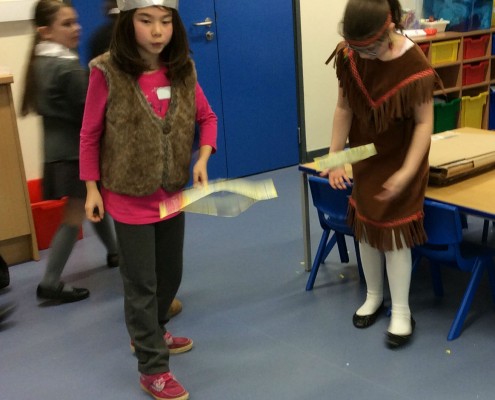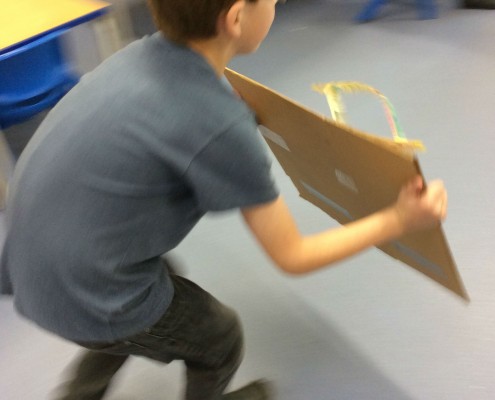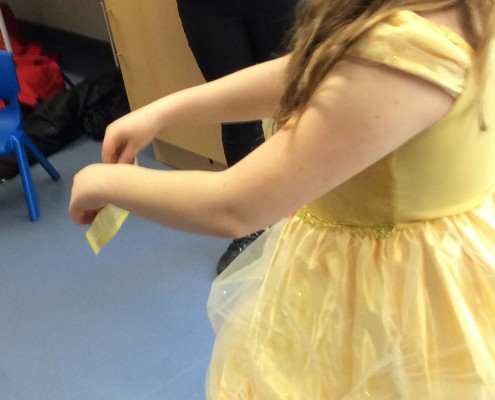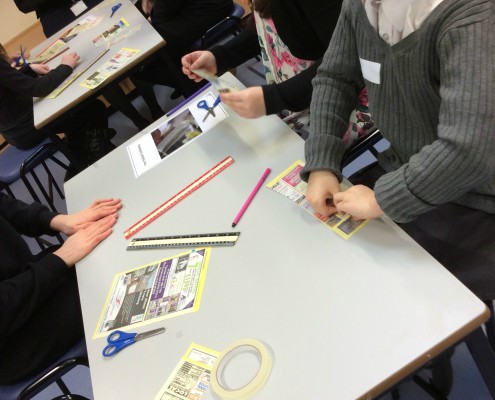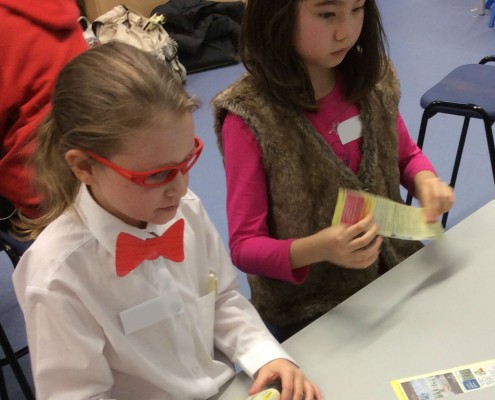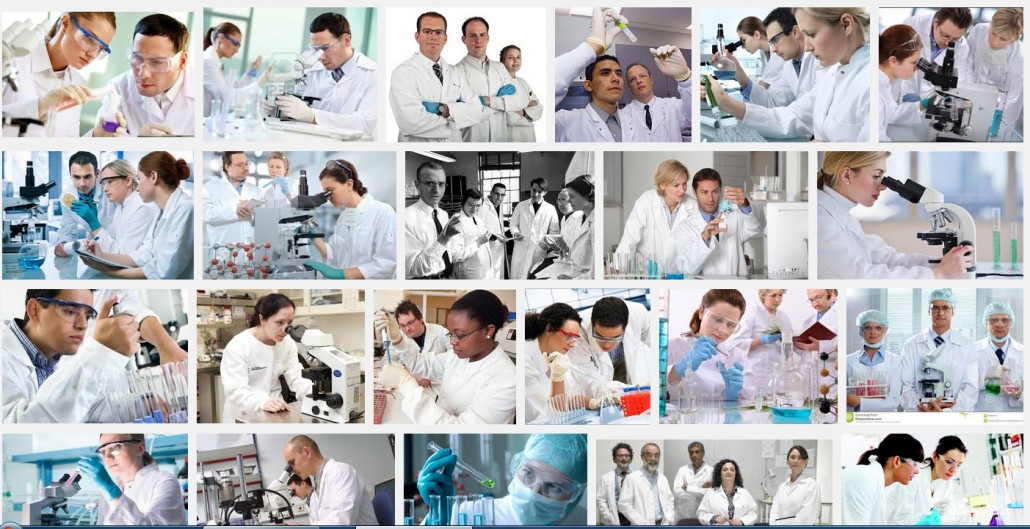Attributes and Aspirations: Round-up of our recent research
In September last year Carol and I had the pleasure of visiting lovely Uppsala in Sweden to attend the Frontiers in Education 2022 Conference and present the findings of our latest research. We presented papers on our two favourite topics attributes and aspirations: Carol on the self-identified attributes of STEM professionals, and me on the career aspirations and career motivations of very young children.
I thought it might be useful to share the key findings from our research.
‘People Like Me’: Identifying personal attributes of STEM Professionals
In this paper we asked STEM professionals to identify what attributes they have that make them successful in their role. We shared an online survey with STEM employees and asked them to name up to six personal attributes that they felt were essential to their being successful in their role, as well as rate how well the list of NUSTEM’s 16 STEM attributes described them.
Our key findings were that:
- STEM professionals identified many soft skills that made them successful in their role: open-minded, communicator, curious, creative, good colleague, resilient, collaborative, tenacious, hard-working, self-motivated, patient and passionate.
- STEM professionals identified a number of hard-skills that made them successful in their work: being logical, having domain specific knowledge (knowing about their subject or industry), having attention to detail, being observant and organised. There were also themes we called professionalism and imaginative which linked to both soft and hard skills.
- There was good overall agreement between the attributes identified by the STEM professionals and the 16 STEM Attributes used by NUSTEM in project delivery, meaning they are a realistic representation of the attributes employees working in STEM use about themselves.
We feel because 68% of the attributes used by STEM employees can be described as soft-skills this provides a clear indication that soft skills are valued by employees in their work. We argue that, within the framing of STEM education and engagement activities, there is merit in moving beyond subject knowledge and including attributes and soft-skills. Using attributes can help children and young people identify the skills they already have or could develop, and support students to think about their employability skills.
Elimination before imagination: How children’s early understanding of scientists may limit aspirations for broader STEM careers
In this paper we examined the early understanding of science careers among very young children (aged 5-7), as well as the factors that influenced their understanding. We held 20 focus groups, interviewing children about their understanding of science and science careers. When we analysed the data we identified four categories to describe the patterns of children’s understanding of science careers. We called these categories: undeveloped, introductory, stereotypical, and diversifying.
Our key findings were that:
- Most young children have limited understanding of scientists and what they do, and those with some knowledge rely heavily on stereotypes.
- Young children have different factors of influence on their understanding of scientists compared with the factors identified with older children. For young children siblings and cousins, games and play activities and YouTube were identified as big influences on perceptions of scientists.
- Young children did not commonly relate the science that they learned about in school to scientists or science-related jobs.
- Children with more advanced understanding tended to draw on personal experiences with science or STEM professionals.
Building on this research and our other aspirations papers, we are now starting to map how children’s aspirations develop and change over their early lifecourse with focus on STEM careers.
If you would like to chat about either of these research studies, drop us a line at nustem@northumbria.ac.uk.

